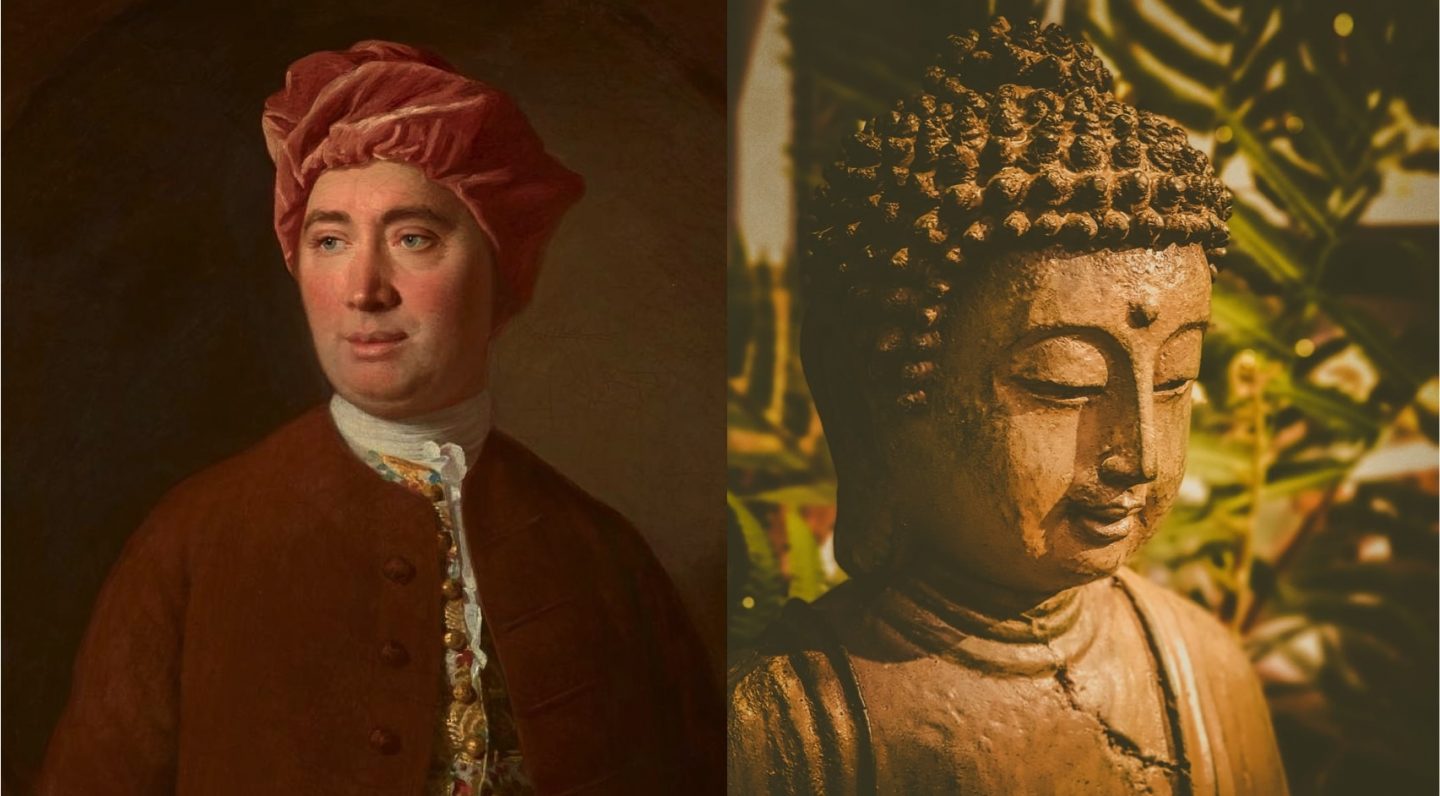The Individual as a Multiplicity of Selves
One common view in the philosophy of self sees the notion of a discrete, concrete self as an illusion. This concept is known as anatta (not-self) in Buddhism, and it was later defended by the Scottish philosopher David Hume (although he didn’t explicitly draw on Buddhism when making his arguments against the reality of self).…
View Post


